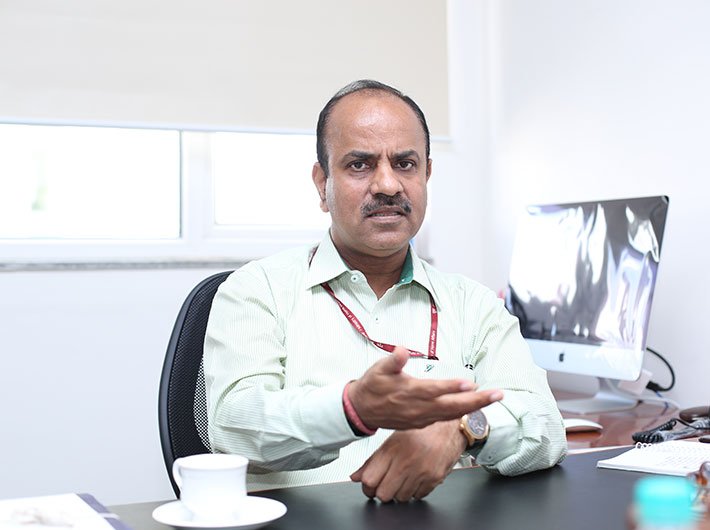Lowest fare between Bandra Kurla Complex and Thane stations would be around Rs 250
GN Bureau | April 14, 2018

As many as 1,351 candidates from 12 states /UTs are contesting elections in Phase 3 of Lok Sabha Elections 2024. The number includes eight contesting candidates for the adjourned poll in 29-Betul (ST) PC of Madhya Pradesh. Additionally, one candidate from Surat PC in Gujarat has been elected unopp
The provisional figures of direct tax collections for the financial year 2023-24 show that net collections are at Rs. 19.58 lakh crore, 17.70% more than Rs. 16.64 lakh crore in 2022-23. The Budget Estimates (BE) for Direct Tax revenue in the Union Budget for FY 2023-24 were fixed at Rs. 18.
The much-awaited General Elections of 2024, billed as the world’s biggest festival of democracy, began on Friday with Phase 1 of polling in 102 Parliamentary Constituencies (the highest among all seven phases) in 21 States/ UTs and 92 Assembly Constituencies in the State Assembly Elections in Arunach
Fit In, Stand Out, Walk: Stories from a Pushed Away Hill By Shailini Sheth Amin Notion Press, Rs 399
The recent European Union (EU) policy on artificial intelligence (AI) will be a game-changer and likely to become the de-facto standard not only for the conduct of businesses but also for the way consumers think about AI tools. Governments across the globe have been grappling with the rapid rise of AI tool
The Indian Railways is celebrating 171 glorious years of its existence. Going back in time, the first train in India (and Asia) ran between Mumbai and Thane on April 16, 1853. It was flagged off from Boribunder (where CSMT stands today). As the years passed, the Great Indian Peninsula Railway which ran the